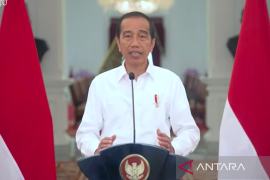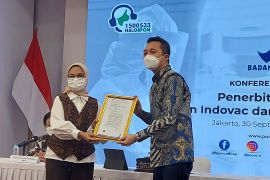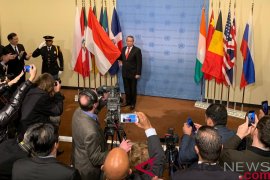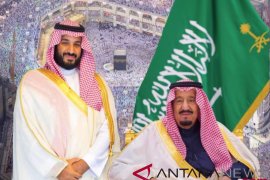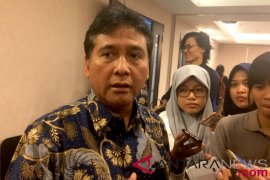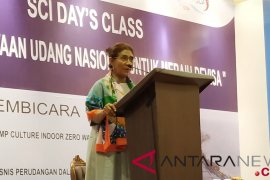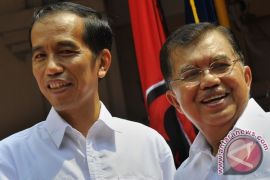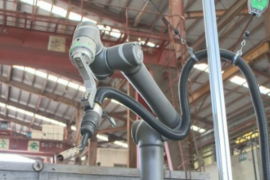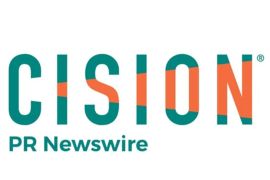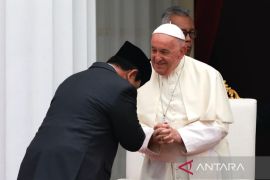The Minister of Marine Affairs and Fisheries, Sharif C. Sutardjo, explains, "The outcome of the workshop is to realize the three dimensional sustainable development and to be more beneficial to the government, fishermen, aquaculture farmers, scientists, and business sector as well as the regional and international organizations that are keen to adapt the best aquaculture practices."
The Ministry of Marine Affairs and Fisheries (MMAF) is committed to achieve the acceleration on the industrialization-oriented marine and fishery development based on the blue economy. The implementation of the blue economy in the marine and fishery development plays a significant role to replace the environmentally-unfriendly conventional industrialization. Therefore, needless to say that the Indonesian government, which, in this case, is represented by MMAF, is world widely recognized as the leading country in the blue economy.
As an overview, by 2050, it is estimated that 9 million of human population will reside the earth which would lead to the skyrocketing of the food demand. Along with the emergence of the issue, the sub-sector of the aquaculture could be the prospect potency to be the solution as it has currently been promoted through a number of initiatives like GAAP (Global Aquaculture Alliance Platform) - a global partnership effort towards the sustainable aquaculture development.
To support the overview, the public waters throughout Indonesia has played an important role in providing the fishery resource, both for the capture fishery activity and the aquaculture. Overall, the public waters has given a great contribution to the fishery export; on the first quarter of 2014, it contributed up to US$988 million. These figures are 39 percents higher than over the last year's same period.
Furthermore, MMAF keeps developing a number of green methods adopting the blue economy. For example, the MMAF's capture fishery sub-sector has initiated the Ecosystem Approach to Fisheries Management (EAFM). This method emphasizes the importance of the effective and responsible fishery management that is based on three elements; ecosystem, socio-economy, and the fishery management system.
The workshop also produced another action plan to reduce inefficiency in the fishery business and the valid data and information necessity on the investment opportunities supported by the policies that favor the investment, logistics, and partnership strengthening.
Editor: PR Wire
Copyright © ANTARA 2014

